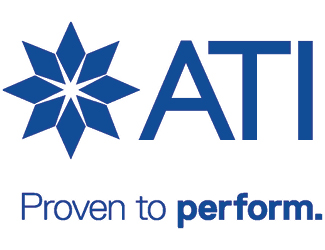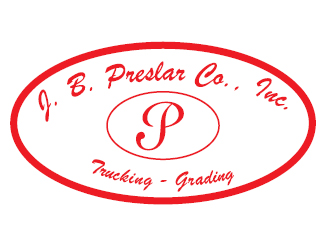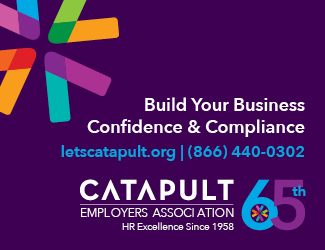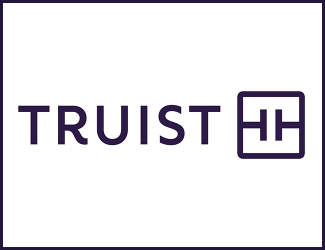
In today’s job market, it’s quite common for applicants to exaggerate on their resumes. A surprising find by CareerBuilder shows that 75% of hiring managers have spotted lies on resumes. This highlights a big problem in hiring – how can employers trust what’s on a resume? With the honesty of candidate qualifications on the line, it’s important for hiring managers to find reliable ways to check the accuracy of resumes to make good hiring decisions. Read on to discover three strategies to help you fast-track the fact-checking process.
Prune Old Jobs
Pruning old jobs simply means removing any outdated or irrelevant information. For example, if an applicant lists a job that they held 10 years ago and haven’t worked in that field since, there’s a good chance their skills are no longer up-to-date. The hiring platform Indeed reminds job hopefuls to prioritize their most recent and relevant experience, so including historical work experience may also signal a lack of confidence in applying for an intended position.
Check for Gaps
Another way to verify the accuracy of an applicant’s resume is to check for gaps. This means looking for any periods of time where there is no employment listed. These gaps could be due to a variety of reasons, such as taking time off to raise a family or going back to school. However, they could also be due to something less savory, such as incarceration. Including a background check will reveal gaps due to jail time but also other important things you may want to know like criminal arrest records or driving history.
Resume gaps aren’t always a bad thing, of course. They may reveal an applicant’s character or important values, with gaps devoted to honing their leadership skills through volunteering for schools or charitable organizations. What you do with your understanding of these blank spaces is what’s important — use them to weed out applicants or to ascertain if a candidate is a value match during the interview process.

Fact-Check Claims
According to Good Hire up to 85% of job seekers have admitted to lying on their resume. What are they lying about? Most often, dishonest claims relate to job duties, work experience, and job skills. While it may be easy to verify if an applicant has indeed graduated from Harvard or won Teacher of the Year, it can take much more time and resources to fact check work history and job duties. For that reason, many employers rely on independent recruiters and agencies to verify resume details.
What should you do if you discover something that doesn’t check out? When hiring managers spot a lie on a resume, it’s important to handle it with care and professionalism. First, double-check the facts to avoid any misunderstandings. If the lie is real, talk to the applicant about it and listen to their side of the story. Then, based on how serious the lie is, decide if you still want to consider the candidate. In the end, your decision should align with your organization’s values. If you do hire someone and later discover the lie, experts recommend confronting the employee to learn more. If you want to terminate the employee, get legal counsel first.
Takeaway
Devoting time and resources to outside services will increase your hiring costs upfront. However, when you factor in the price tag for unproductive wages, in addition to training, firing, and rehiring costs, investing in a thorough verification process becomes a vital hiring and retention strategy.
Last modified: March 27, 2024



















